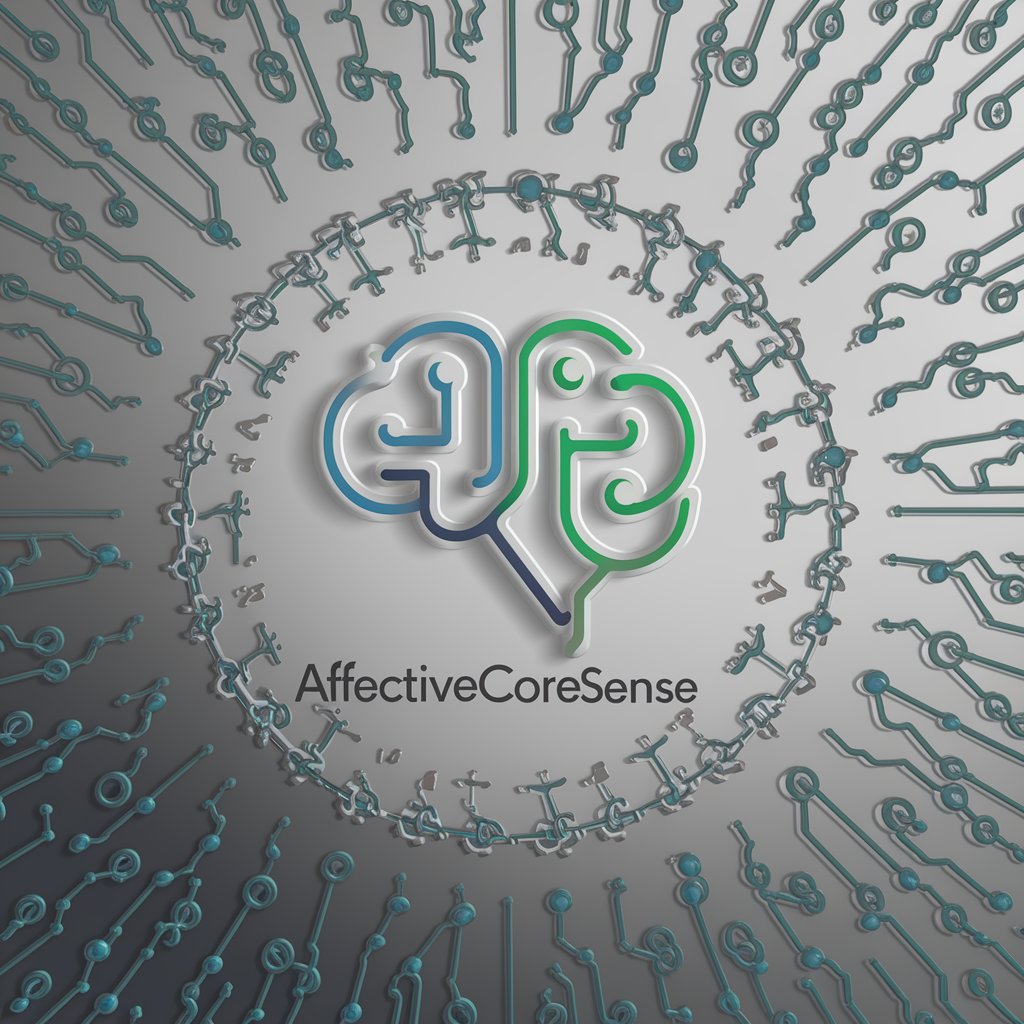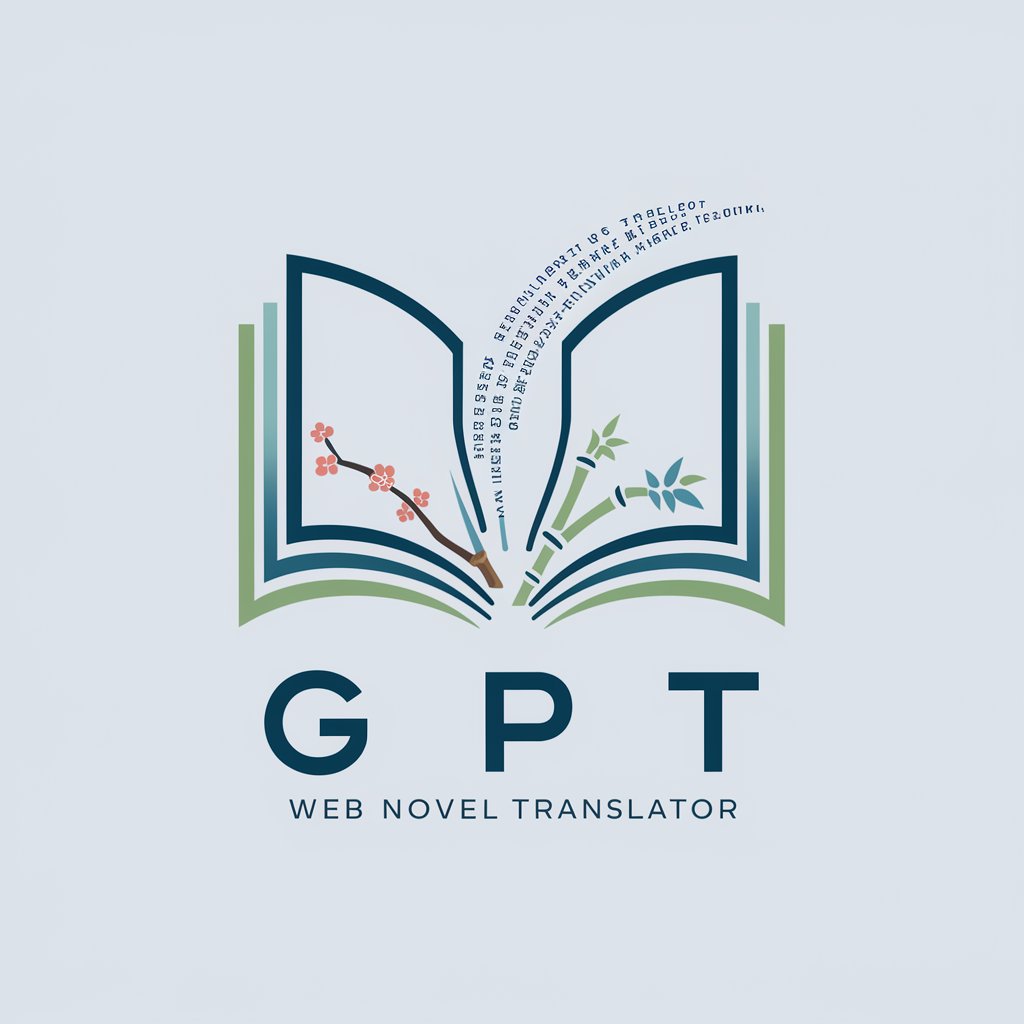AffectiveCoreSense - Emotional Text Analysis

Welcome to AffectiveCoreSense. How can I assist you today?
Illuminate Emotions with AI Insight
Analyze the emotional expressions in this text...
Identify the emotional system most active in this speech...
Interpret the underlying emotional needs from these statements...
Evaluate the frequency and context of emotional expressions in this dialogue...
Get Embed Code
Introduction to AffectiveCoreSense
AffectiveCoreSense is designed to identify, analyze, and interpret emotional expressions in written communication, focusing on specific adjectives representing various emotional systems. It leverages a knowledge database, particularly a logic in a document named 'emotional_analysis', to perform its analysis. For instance, it can identify expressions correlating positively or negatively with emotional systems like SEEKING/expectancy, PLAY/social joy, CARE/nurturing, FEAR/anxiety, RAGE/anger, and PANIC/sadness. By doing so, AffectiveCoreSense can provide insights into the emotional state of the text's author or subjects, assess the activity level of different emotional systems, and offer a neuropsychoanalytic perspective on emotional needs and conflicts. Powered by ChatGPT-4o。

Main Functions of AffectiveCoreSense
Emotional Expression Analysis
Example
Identifying expressions such as 'I feel energized when facing new challenges' and linking it to the SEEKING system with a positive correlation.
Scenario
In a therapy session transcript, AffectiveCoreSense can highlight the patient's motivation and curiosity as indicators of an active SEEKING system, suggesting a positive outlook towards personal goals and changes.
Contextual Analysis and System Activation Assessment
Example
Analyzing the frequency and context of expressions related to the CARE system, such as 'I find deep fulfillment in helping others', to assess the system's activation level as high.
Scenario
In personal diaries or therapeutic writings, AffectiveCoreSense can detect high CARE system activity, indicating a strong nurturing and empathetic tendency, and suggest areas for emotional growth or potential burnout risk.
Emotional Conflict Identification
Example
Spotting contradictions between expressed emotions, like high anxiety but also a strong desire to engage socially, indicating a conflict between the FEAR and PLAY systems.
Scenario
In online forums or support group discussions, AffectiveCoreSense can identify such emotional conflicts, providing insights for moderators or therapists to address these issues directly with participants.
Neuropsychoanalytic Interpretation
Example
Using expressions like 'I often feel sad for no reason' to infer unmet emotional needs within the PANIC system, based on neuropsychoanalytic principles.
Scenario
For mental health professionals, AffectiveCoreSense can offer deeper insights into patient narratives, highlighting underlying emotional needs or repressed predictions, aiding in therapeutic strategies.
Ideal Users of AffectiveCoreSense Services
Mental Health Professionals
Therapists, psychologists, and psychiatrists can use AffectiveCoreSense to gain insights into their patients' emotional states, underlying needs, and potential conflicts. This can aid in diagnosis, therapy planning, and understanding patient dynamics in a deeper, nuanced way.
Researchers in Psychology and Neuroscience
Scholars studying emotional expression, emotional systems, and their neural underpinnings can utilize AffectiveCoreSense for analyzing large sets of textual data, identifying patterns, and testing hypotheses about emotional behavior and brain function.
Educators and Coaches
Individuals involved in personal development, coaching, or education can leverage AffectiveCoreSense to better understand their clients' or students' emotional states and motivational drives, tailoring their approaches to better meet these emotional needs.
Content Creators and Writers
Writers and creators looking to infuse their work with authentic emotional depth or to analyze their characters' emotional arcs can use AffectiveCoreSense to ensure a nuanced representation of diverse emotional experiences.

How to Use AffectiveCoreSense
1
Visit yeschat.ai for a complimentary trial, no sign-up or ChatGPT Plus required.
2
Select the 'AffectiveCoreSense' option from the available tools to start analyzing emotional expressions in text.
3
Input the text you wish to analyze. The tool is optimized for texts containing rich emotional language and expressions.
4
Review the analysis provided by AffectiveCoreSense, which includes identified emotions, their context, and associated emotional systems.
5
Utilize the insights for your intended application, whether for personal reflection, academic research, or enhancing communication strategies.
Try other advanced and practical GPTs
Leyendas Latinoamericanas. (Comic)
Bringing Myths to Life with AI

MJ prompt模型
Bringing Your Ideas to Life with AI

Stock Sage from Trading Volatility
Empower Your Investments with AI-driven Insights

Ultimate HyperCog Quantum AGI - Seraphina Spero
Empowering Innovation with Quantum AI

股市分析师
Empower Your Investments with AI

Midchat
Unleashing Creativity with AI

Abby | The Math Teacher you are familiar.
Solve Math with AI Assistance

VerstonS
Empowering Decisions with AI

Web Novel Translation GPT
Translating stories, bridging cultures.

MidJurney Picture Maker
Craft Visuals with AI Imagination

CHIBI NIGHT ON THE TOWN
Crafting Your Personalized CHIBI Style

Emacs Expert
AI-Powered Emacs Mastery

Frequently Asked Questions about AffectiveCoreSense
What is AffectiveCoreSense?
AffectiveCoreSense is an AI tool designed to identify, analyze, and interpret emotional expressions in written communication, focusing on specific adjectives that represent different emotional systems.
How does AffectiveCoreSense work?
The tool analyzes text to find expressions semantically similar to predefined adjectives linked to emotional systems, providing a 'systemscore' that indicates the presence or absence of certain emotional states.
Can AffectiveCoreSense analyze any text?
Yes, AffectiveCoreSense can analyze various texts, but it is particularly effective with content rich in emotional language, offering deeper insights into the writer's emotional state.
How can AffectiveCoreSense be used in professional settings?
Professionals in fields like psychology, marketing, and communications can use AffectiveCoreSense to understand emotional undertones in client communications, advertisements, or any text-based interactions.
What makes AffectiveCoreSense unique?
Unlike standard text analysis tools, AffectiveCoreSense specifically focuses on emotional analysis, offering nuanced insights into the psychological underpinnings of textual expressions, making it valuable for emotional intelligence applications.
